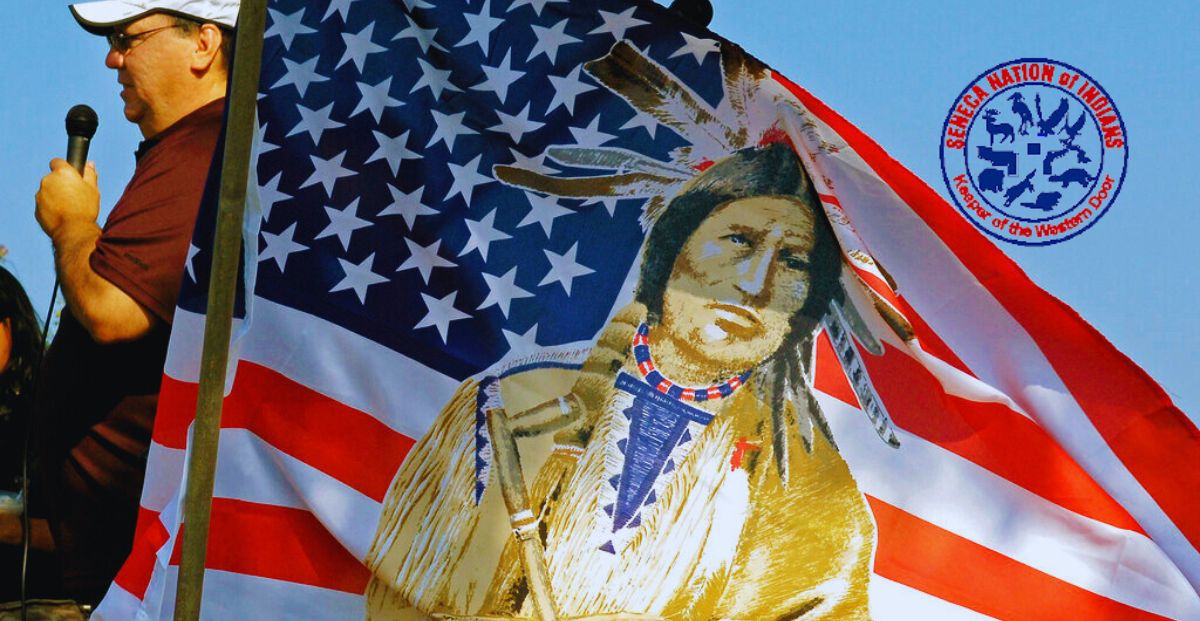Restarting Negotiations Between NY State and Seneca Nation
Restarting Negotiations Between NY State and Seneca Nation
The longstanding dispute between the New York State government and the Seneca Nation has been a topic of concern for many years. However, recent developments have provided a glimmer of hope as both parties have expressed their willingness to restart negotiations. This article aims to shed light on the background of the conflict, the reasons for the stalemate, and the potential benefits of restarting negotiations.
The conflict between the New York State government and the Seneca Nation primarily revolves around revenue sharing from the Seneca Nation’s casinos. Under a compact signed in 2002, the Seneca Nation agreed to share a portion of their casino revenues with the state in exchange for exclusive rights to operate casinos in certain regions. However, the Seneca Nation stopped making payments in 2017, arguing that the compact had expired after 14 years.
This disagreement led to a legal battle between the two parties, with both sides presenting their arguments in court. The Seneca Nation claimed that they fulfilled their obligations under the compact, while the state argued that the agreement was still in effect. The stalemate resulted in a loss of millions of dollars in revenue for the state and local governments.
Fortunately, recent statements from both Governor Andrew Cuomo and Seneca Nation President Matthew Pagels indicate a willingness to restart negotiations. Governor Cuomo stated that he believes it is time to put the legal battles behind and find a resolution that benefits both parties. President Pagels echoed this sentiment, emphasizing the importance of finding common ground and working towards a mutually beneficial agreement.
Restarting negotiations between the New York State government and the Seneca Nation can bring several benefits. Firstly, it would provide an opportunity for both parties to address their concerns and find a compromise that respects their respective interests. This could lead to a fair revenue-sharing arrangement that benefits not only the state but also the Seneca Nation and local communities.
Moreover, restarting negotiations would help restore a positive relationship between the state and the Seneca Nation. The prolonged legal battle has strained their interactions and hindered progress on other important issues. By coming back to the negotiation table, both parties can foster a spirit of cooperation and work towards resolving other outstanding matters.
Additionally, reaching a resolution would have positive economic implications for the state and local communities. The revenue generated from the Seneca Nation’s casinos plays a crucial role in supporting various public services, such as education, healthcare, and infrastructure development. Restarting negotiations and finding a fair revenue-sharing agreement would ensure a stable source of income for these essential services.
In conclusion, the decision to restart negotiations between the New York State government and the Seneca Nation is a positive step towards resolving their longstanding dispute. By finding common ground and working towards a mutually beneficial agreement, both parties can put the legal battles behind them and focus on building a positive relationship. The potential benefits of restarting negotiations include a fair revenue-sharing arrangement, improved relations, and economic stability for the state and local communities.
